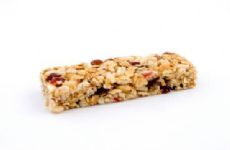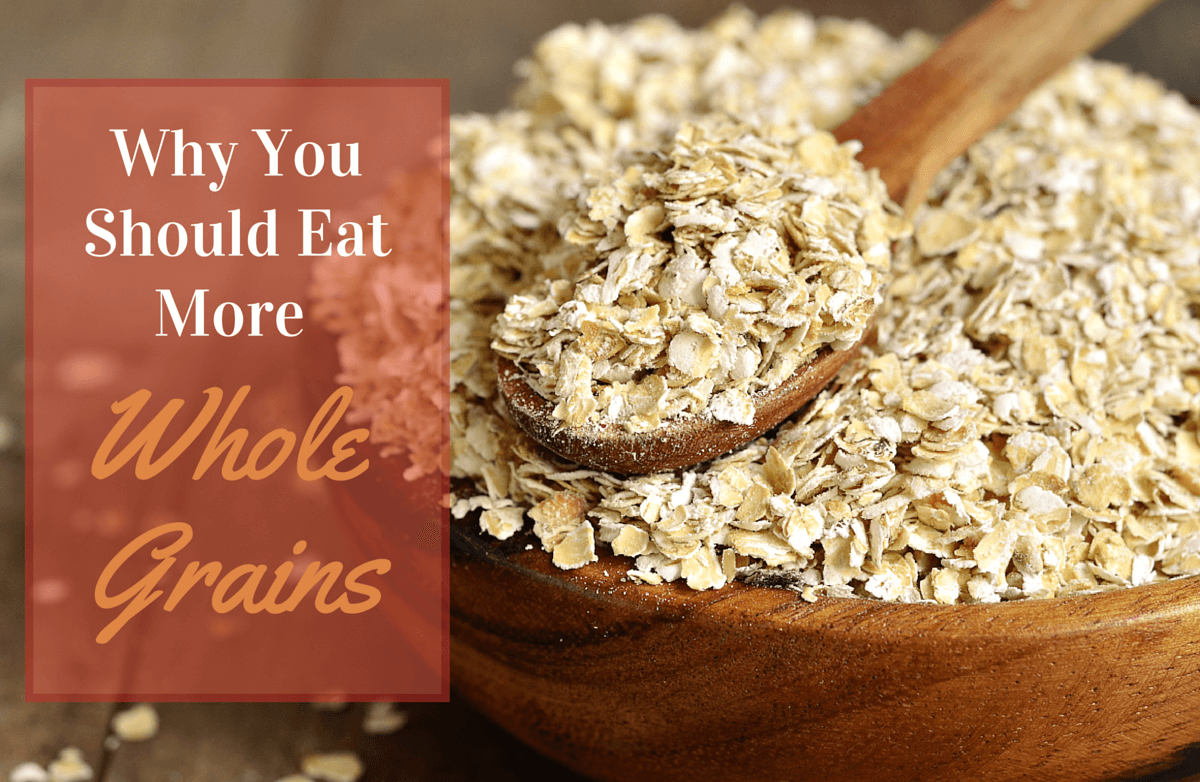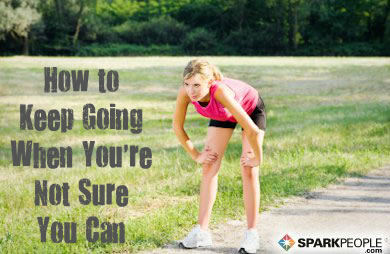|
A staggering 63 percent of Americans are overweight. The most common cause? We eat more food than we need—and we're all guilty of doing it: mindlessly munching on a bag of pretzels during a reality TV marathon or treating ourselves to a second helping when the first was plenty. But boredom and indulgence aside, why else are we reaching for a snack when we should feel full? Some of it can be blamed on habit, while other triggers have more to do with our body's hunger signals. Check out the list below to find out the most common overeating pitfalls and simple solutions for avoiding these traps. 1. You didn't get enough sleep last night. Lack of rest stimulates two faux hunger triggers: energy deficiency, to which our natural reaction is to nourish our bodies, and appetite hormone confusion. "When our bodies are drained, levels of leptin—a hormone produced by our fat cells that controls our appetite—decrease, while levels of gherlin—a hormone produced by our stomach that stimulates our appetite—increase," explains Academy of Nutrition and Dietetics (formerly the American Dietetic Association) spokeswoman Karen Ansel, RD. That's two hormones working against you. "Getting eight hours of sleep a night is the easiest thing you can do to prevent overeating." If you do fall short on zzz's, be sure to load up on nourishing, naturally energizing foods—such as fresh fruit, complex carbohydrates and lean proteins—throughout the day to help your body feel satisfied. 2. You're taking medication that causes hunger as a side effect. If you felt ravenous the last time you were taking an antibiotic to tame an allergic reaction, joint inflammation, acne or a bad cold, the medicine may be to blame. "Medication that contains mild steroids, like prednisone, a corticosteroid, ramp up hunger big time," says Milton Stokes, RD, owner of One Source Nutrition, LLC. "If you've already eaten a normal-size meal, ignore the drug-inflated hunger," says Stokes. Instead, try an oral fix like chewing gum, sipping warm coffee or brushing your teeth, he suggests. If you're on long-term steroid therapy, consult a dietitian to devise an eating plan that will help you feel more satisfied throughout the treatment. 3. You're thirsty or dehydrated. The symptoms of dehydration (sleepiness, low energy) closely mimic those of being overly hungry, which may lead you to think you need food to increase your energy level, explains Sandon. When you're thirsty, your mouth becomes dry, a symptom that eating will temporarily relieve, notes Sandon. She suggests drinking a tall glass of water or cup of herbal tea before eating and waiting for your body's hunger signals to adjust (about 10 minutes). "Doing so could save hundreds of calories." Click here to learn about 7 more reasons your body thinks it's hungry! Stories you might like: Do you agree with these? Did you find any of them surprising? If so, which ones? |
Popular Entries
More From SparkPeople
|






.jpg)

.jpg)







.png)



